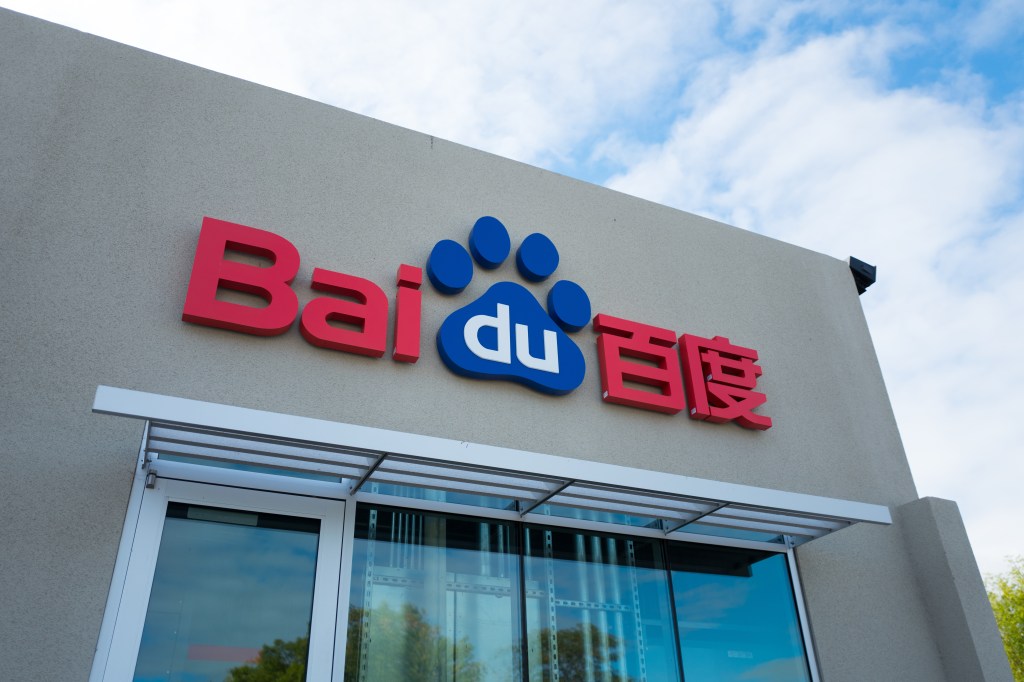The U.S.-China decoupling is giving rise to a divided tech landscape between the two major economies, shaping the development of the red-hot area of generative AI, which turns text into various forms of content like prose, images and videos.
China, in order to reduce dependence on the U.S. technological foundation, has been pursuing its own large language models that match OpenAI’s GPT models. But unlike the U.S., some of its most advanced AI endeavors are happening at established internet juggernauts, such as Baidu.
The search engine and autonomous driving giant rolled out its counterpart to ChatGPT in March. Now the 23-year-old firm aims to have a stake in other AI startups. During a JPMorgan summit in China this week, Baidu’s co-founder and CEO Robin Li announced the launch of a billion yuan ($145 million) fund to back generative AI companies.
The fund can be compared to the OpenAI Startup Fund, which started at $100 million and eventually grew to $175 million, as my colleague Connie noted. The fund will invest up to 10 million yuan, approximately $1.4 million, in a project. Given the check size, the fund is clearly targeting early-stage AI applications, which isn’t surprising, given that Chinese generative AI startups haven’t experienced widespread adoption and most investments are concentrated in the seed and early stages.
Furthermore, Baidu intends to use the fund to grow the adoption of its own large language model Ernie Bot. “American developers are building new applications based on ChatGPT or other language models. In China, there will be an increasing number of developers building AI applications using Ernie as their foundation,” Li said.
In that sense, the fund seems to be calling for applications of AI rather than developers of its foundational layer. The fund won’t be short of pitches. Over the years, Chinese startups have gained recognition for their ingenuity in devising novel business models, ranging from livestreaming to live commerce to short videos. Li predicted that, in the generative AI age, Chinese companies will once again lead the way in discovering commercial applications for AI.
“I’m very bullish on China’s AI development. Over the past few decades, China has warmly embraced new technologies. Even though we didn’t invent Android, iOS or Windows, we developed a host of very innovative applications like WeChat, Douyin and Didi. Many of them are popular and useful. The same trend is playing out in the AI age. Technology ushers in a myriad of possibilities and we are good at capturing them to build applications.”
However, a pertinent question lies in whether the foundational level — China’s homegrown large language models — will be robust enough to support the range of real-life scenarios expected of them. China wants its homegrown LLMs so it won’t be prone to U.S. sanctions that cut off key technological supply, as seen in the semiconductor industry. Aside from Baidu, Chinese tech giants like Alibaba and Tencent are also developing their own large language models.































Comment